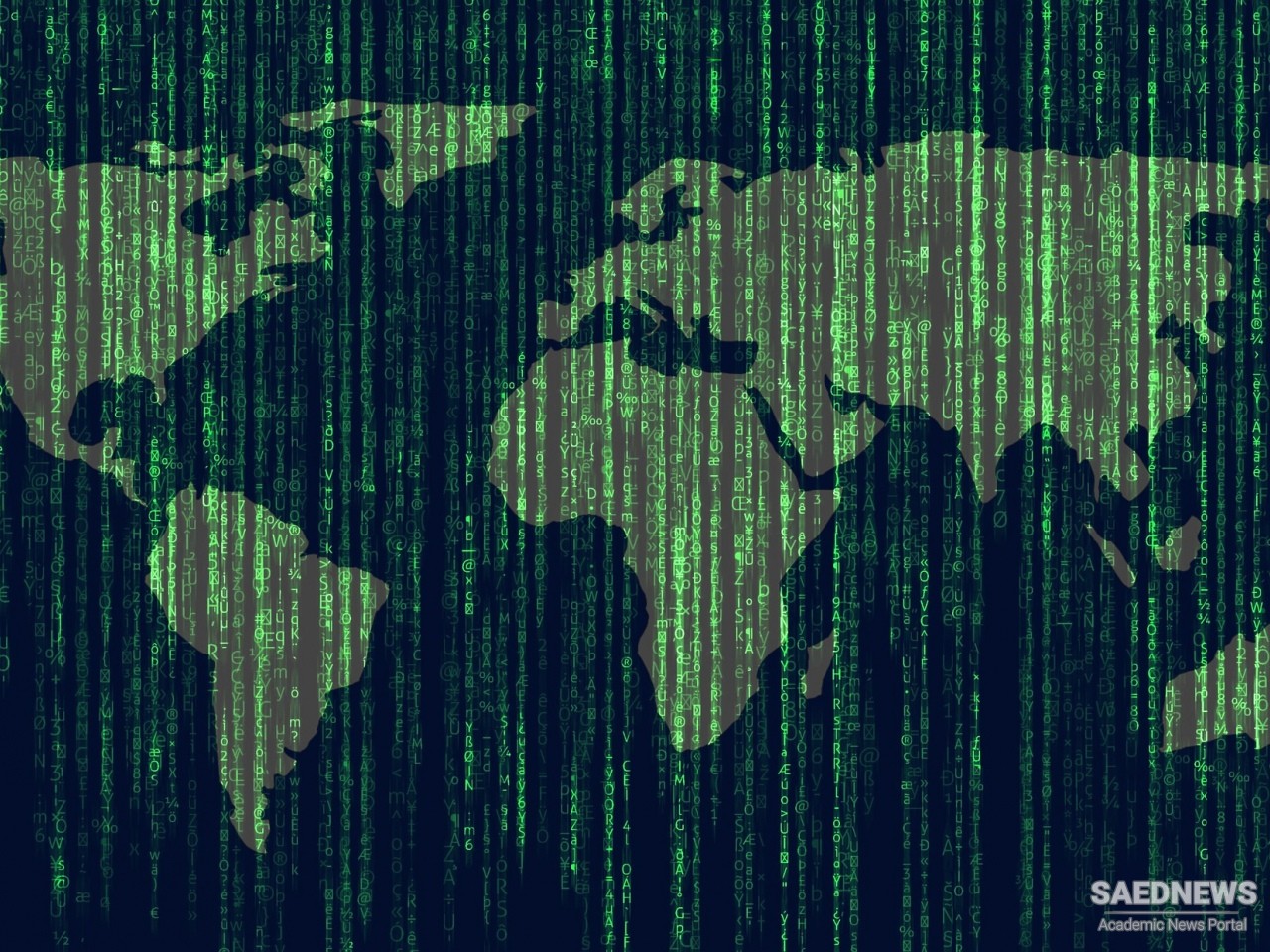The nationalisation of the Anglo-Iranian Oil Company (1951) resulted in US-British collusion to overthrow the government of Mohammed Mossadegh (1953). During the next decade, the Shah relied on income generated by oil exports to implement his economic and military modernisation programmes. Throughout the 1970s, the Shah's ambitious plans became entangled with Iran's political relations both with Arab oil producers and the US over the subject of oil pricing policy in the context of OPEC. More recently, and paradoxically, oil enabled the Islamic Republic of Iran to continue the war against Iraq, which in turn exacted enormous human and material costs.
Since the Shah was deposed, Iran and the United States - which had previously been allies - have been sharply at odds. Ayatollah Khomeini demonised the United States, making it the principal external enemy of the Revolution. The US effort to isolate and contain the Revolution included assistance to Iraq during the Gulf War, and therefore struck not only at the core of Iran's revolutionary ambitions but also at the essential well-being of the state. As a result, mistrust of and hostility toward the US, originating in Persian nationalism, and inflamed by revolutionary zealotry, reached new heights.
The Revolution did not change the fundamental security concerns of the United States and Iran. To the extent that both countries depend on oil, they have a common interest in ensuring the stability of the Gulf. What the Revolution did change, however, was the basis for establishing ground rules for promoting this mutual interest; namely, United States-Iranian relations as a whole. Whatever inclination there might have been in US policy-making circles to foster or concede Iranian hegemony in the Gulf vanished when the Shah was deposed. Meanwhile, the ascendancy of the clerics to power in 1982 subdued those voices in Iran in favour of pursuing an accommodation with the United States.
For as long as the Cold War framework prevailed, Iranian officials could rely on it to limit the extent of either superpower's actions against Iran or military involvement in the Gulf. However, the end of the Cold War and collapse of the USSR, while relieving Iran of the threat of communism and Soviet military power, deprived it of the indirect strategic benefits of superpower rivalry. Unhappily for Iran, Operation Desert Storm - though weakening Iraq- confirmed the military pre-eminence of the United States, along with its capacity to utilise these assets unchecked to seek to impose its will in the Gulf and elsewhere.
Iran's security concerns and the policies following from them, though no longer defined in a Cold War context, have nonetheless been framed by its relations with foreign powers - in this case, the United States. Threats posed by Iran's neighbours have not been seen by Iran as independent of US-Iranian relations, but largely as related to them. Friction between Iran and the southern Gulf littoral states, as between Iran and Turkey, has been viewed by Iran as originating in US hostility toward Iran. Developments, figures and factions in the ex-Soviet republics or in Afghanistan which resist or oppose Iran are attributed by its officials to US efforts to deny Iran a regional role commensurate with its status.


 Asia, Asia Minor and Anatolia: Origin of Turk Neighbors
Asia, Asia Minor and Anatolia: Origin of Turk Neighbors














































